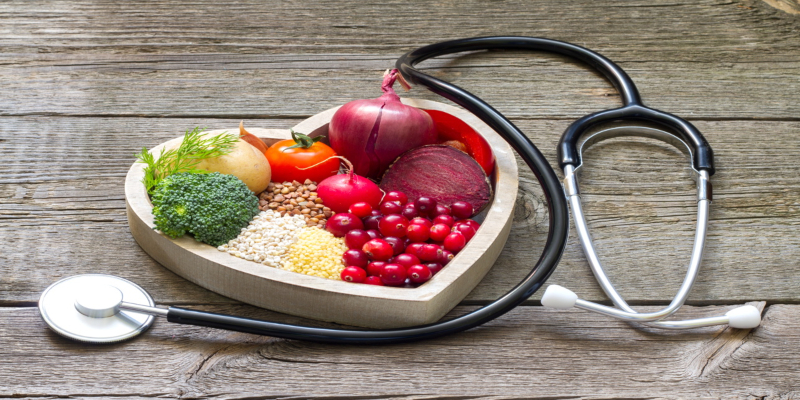Dehydrated Food Health Benefits & How-To
More and more people are now dehydrating food at home. As a result, there is currently a large selection of domestic food dehydrators in the marketplace. But, with canned foods, freeze-dried food, commercially dehydrated foods, and frozen foods readily available in stores, why is the popularity of home food dehydration increasing? Well, apart from the fact that dehydrated foods take up less space, keep for longer, and are easy to prepare; they also have many health benefits which we will outline in this article.

Dehydrated Food Health Benefits
- Concentrated Energy Source
One benefit of dehydrated food like fruits, vegetables, chicken, and fish is that they are a concentrated source of energy. As a result, you don’t need to eat as much volume in order to consume the same amount of calories. Dried fruit is great to take with on a hiking expedition, camping trip, or long run. Of course, you don’t want to overeat dried fruit, as it can cause rapid weight gain, especially if you have a sedentary lifestyle. you can check James Corden Weight Loss journey how he manages all the things and lost his weight.
- Chemical Free Food
Commercial dried fruit often contains added sugar, sulfites, artificial colors, and preservatives. Many of those additives can cause adverse reactions in people with certain medical conditions like asthma. With a home dehydrator, you can create additive-free healthier dried fruit snacks for your family.
- Rich Source of Antioxidants
Dried fruits and vegetables have higher concentrates of antioxidants than fresh produce of the equivalent weight. There are many health benefits associated with antioxidants, including improved digestive health, better blood circulation, and enhanced protection from cancer-causing free radicals. Antioxidants work by preventing oxidation, which is a naturally occurring chemical reaction that can cause harm to cells leading to premature aging and various diseases, especially cancer.
Here are some potent antioxidants and the foods they are found in:
- Lutein – brussels sprouts, kale, broccoli, and spinach
- Anthocyanin – grapes, berries, and eggplant
- Lycopene – pink grapefruit, tomatoes and watermelon
- Beta Carotene (Vitamin A) – broccoli, cantaloupe, red peppers, carrots, apricots, and sweet potatoes
- Vitamin E – wheat germ, nuts, seeds and avocado
- Ascorbic Acid (Vitamin C) – strawberries, kiwi fruit, tangerines, oranges, broccoli
- Varied Diet
A food dehydrator allows you to eat different produce year-round, not just during its harvest season. Eating a varied diet is one of the best ways to ensure your body gets all of the nutrients it needs. No food contains every nutrient needed by the human body for optimum health, so eating a variety of food is important. Being able to eat food outside of their harvest season also helps to keep meals interesting.
How To Dehydrate Food At Home
Given all the health benefits of dehydrated food listed above, you might be wondering how you can start dehydrating your food at home. The easiest way is to invest in a domestic food dehydrator. These small kitchen appliances can be used to safely remove moisture from all different types of food including fruits, vegetables, seeds, herbs, beef, chicken, fish, etc. The latest models are very energy efficient and don’t require any supervision.
It’s still possible to dehydrate food at home using old fashioned methods, such as hanging it out to dry in the sun on a very hot day. You can also use a conventional convection oven to dehydrate food if the thermostat allows the temperature to be set really low. It will take around 7 hours to dry food properly. The key is to ensure as much moisture as possible is removed, otherwise, bacteria growth will not be inhabited.
Holly is part of the content team at Engage EHS. Holly has worked in the health and safety industry since graduating from university. When not writing about health and safety practices, Holly can be found researching new travel locations.
Medical tourism involves travel for medical, dental, or cosmetic treatments, while health tourism includes stress reduction, spa visits, folk healing, and health-related purposes beyond these treatments.



